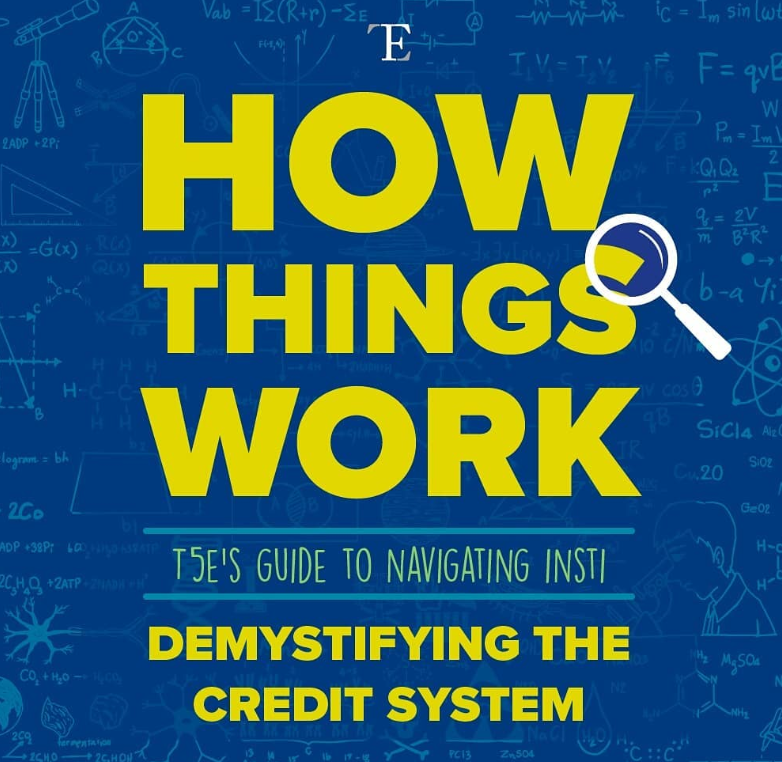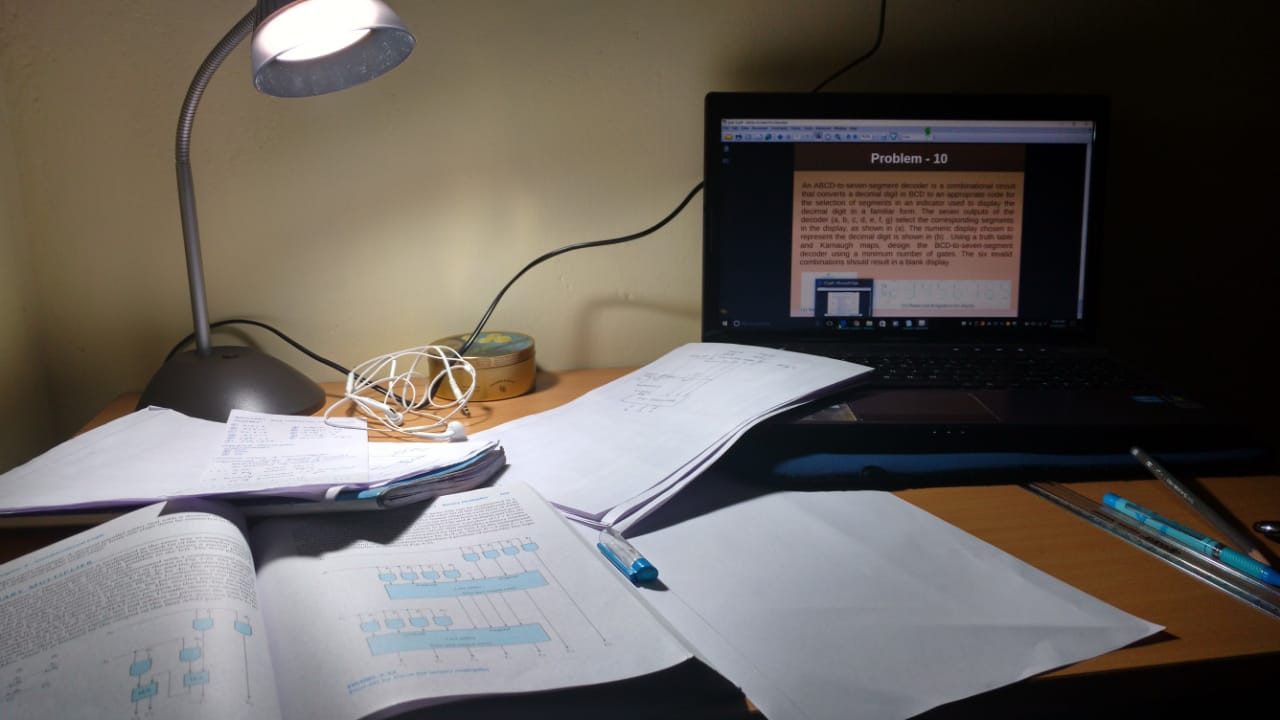Design by: Naomi K
If you’ve taken a look at the Academic Curriculum and have charted out your academic pathway for your next four or five years here after wading through its intricacies, kudos to you! For the rest of you, here’s the CliffNotes version.
What is the Credit System?
Credits are a widely accepted and a commonly adopted mode of describing the workload present in a course. Students are expected to complete the prescribed credit limit before graduating from the university.
The curriculum of any branch of the B.Tech programme at IITM is designed to have credit requirement of 432±2 credits, while that of any branch in the Dual Degree program has a credit requirement of 553 ±2 credits. The credit requirement of the Masters of Arts program for both streams – Development Studies and English Studies is 521 credits. For the Masters of Business Administration program it is 243 credits. In the M.Sc programs, Mathematics has a requirement of 208 credits, Chemistry has a requirement of 202 credits and Physics has a credit requirement of 227. The minimum credit requirements for M.Tech programs are highly course specific.
Dual degree students are required to complete a Dual Degree Project which spans the summer after the 8th semester, and the 9th and 10th semesters. This accounts for about 86 credits in most departments. Students can also decide to work towards a Btech Honours or Dual Degree Honours program. For B.Tech (Honours) the credit requirement is 459±2, and 570±2 for Dual Degree Honours.
The LTEPOC system can be broken down into lecture hours, tutorial hours, extra tutorial hours, practicals, outside class hours, and total credits.
Every 50 minute class slot counts as 1 credit. The recommended amount of effort to be put in for every class is twice the amount of a credit-hour. Hence, this counts as 2 credits per class hour. Thus, a typical course with 3 classes per week is assigned 9 credits (3*3). In any given semester, a student should not register for more than 60 credits.
Course Categories:
All courses come under 4 categories: Science, Engineering, Professional and Humanities. The professional courses are typically those necessary for your core program while the sciences and engineering courses are the basic prerequisites for an engineer.
For example, MA 1101 is a common course for most freshmen and is placed in the Science category. On the other hand, courses like Digital Systems for electrical engineers and Hydraulic Engineering for civil engineers are placed in the professional category for students of that branch.
Professional and Science courses are further split into Core and Elective courses. ‘Core’ courses are a specific set of courses that need to be completed for the completion of the degree. On the other hand, ‘Elective’ courses allow students to choose from a wide variety of options from that particular category.
The following courses are defined as non-credit but compulsory courses: NCC/NSS/NSO, Life Skills, Industrial Training, Professional ethics, Ecology and Environment, and so on. However, the time spent in these courses will be accounted for while arriving at the limit on maximum credit hours spent in a semester. For example, if two hours per week are spent on Ecology and Environment these hours will be included so that an individual does not officially need to put in more than 60 hours for academics per week.
Besides these, courses offered on the online portal NPTEL can be credited. These are online classes with offline exams, the pattern for which is course specific.
Credit Requirements For Each Department:
IDDP’s:
Inter Disciplinary Dual Degree programs (IDDP’s) were introduced to give undergraduate students more flexibility in choosing their M.Tech programs. Any B.Tech student may choose to upgrade their degree to include an M.Tech in the available IDDP’s, while a Dual Degree student may choose to change their M.Tech degree to an interdisciplinary one subject to their CGPA’s being greater than 8 after their 5th semester.
Bibliography:
https://www.iitm.ac.in/curricula/B.Tech/B.Tech.Curriculum-2017.pdf
https://www.iitm.ac.in/curricula/DualDegree/DualDegree-Curriculum-2017.pdf
https://www.iitm.ac.in/sites/default/files/uploads/b.tech-2015.pdf
https://www.iitm.ac.in/downloads/IDDD.pdf
https://www.iitm.ac.in/sites/default/files/uploads/dual_degree-2015_0.pdf
This is the third part of the Freshie Orientation series.





Wow. Very useful information.
Honours in computer science requires 468 credits
Thank you T5E, very cool